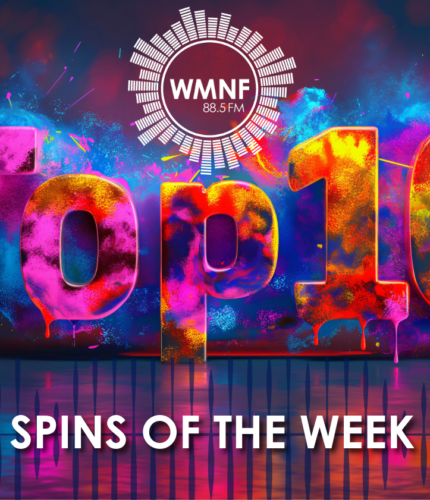
As my son turned 15, I found myself reflecting on the unique journey we’ve shared. Like many parents, I believe my child is extraordinary, but not for the reasons you might expect. My son has what we lovingly refer to as his “special superpowers”. – He has Autism.
“Autism” often comes with a lot of misunderstandings. I invite you to discover this condition that brings daily marvels to our family, changing our view of the world in extraordinary ways.
A Different Rhythm: Perceiving the World Through Autism
My son’s way of perceiving and communicating is not just different – in many ways, it’s superior to what we “neurotypicals” experience. This becomes particularly evident in his relationship with music. For years, he has been appreciating sophisticated musical compositions that took me decades to fully appreciate.
His playlist reads like a rock and roll hall of fame: Tom Petty, The Rolling Stones, Pink Floyd, The Doors, Rush, AC/DC, U2, Dire Straits, The Who, The Clash, Jimi Hendrix, Queen, ZZ Top, The Police – just to name a few. But it’s not just about the names; it’s about how deeply he connects with the music.
When he plays the drums, it’s truly something special to watch. He doesn’t just follow the beat; he becomes one with it. With each strike of the drumsticks, his face lights up with a smile, and shouts of pure joy fill the air. He may never be a virtuoso, but his passion is unparalleled. And isn’t that what music is truly about?
The Healing Power of Music
Recent research has shed light on music’s therapeutic potential for individuals with autism spectrum disorder (ASD) and attention-deficit/hyperactivity disorder (ADHD). This non-invasive therapy can significantly improve various aspects of life for those affected.
For individuals with autism, music can:
Bridge communication gaps, offering non-verbal expression.
Foster social interaction and bonding through group activities.
Help regulate emotions with rhythmic patterns.
Aid in managing sensory sensitivities.
For those with ADHD, music can:
Improve focus and reduce distractibility.
Enhance self-discipline and patience.
Develop motor skills.
Boost confidence and self-worth.
A Different Way of Listening
Ethnomusicologist Michael Bakan’s book “Speaking for Ourselves: Conversations on Life, Music, and Autism” offers fascinating insights into how individuals on the autism spectrum experience music. Bakan explains that music allows for purer communication than spoken dialogue, with more flexible social rules.
“I don’t think it’s necessarily that these people are more fluent in music than in language,” Bakan notes. “But I think music allows you to engage more purely in the act of communication than spoken dialogue. The rules of etiquette and social demands are actually much more flexible in a music-making environment, especially if it’s a creative environment where there’s no predetermined outcome.”
This flexibility in musical communication often makes many autistic individuals more sensitive and attentive listeners, often responding more socially to musical cues in improvisation.
Bakan draws an interesting parallel between the musical style of jazz legend Thelonious Monk and what he calls an “autistic way of communicating.” He describes how Monk would take a single motif and continually work it around, spinning it upside down and inside out, eventually building a larger piece around it – a process that resonates with how many individuals on the autism spectrum process information.
Embracing the Unique Melody
The way my son perceives, associates, and mixes sensations is unique and often challenging for neurotypicals to understand. But that’s the beauty of it – we don’t need to “fix” what isn’t broken. Instead, I invite you to observe, enjoy, and withhold judgment when you meet someone on the autism spectrum. Let the music of their unique perception wash over you, as you would with a beloved song.
As research in this field grows, music’s role in supporting those with neurodevelopmental conditions is increasingly recognized. Its ability to engage multiple brain areas simultaneously makes it a powerful tool for healing and improving quality of life.
Every day, I learn more from my beloved son, and I’m grateful for the unique melody he brings to our lives. I invite you to open your ears and your heart to the symphony of autism. You might be surprised by the wonders you discover.
Some resources in the Tampa Bay Area
Leave a Reply










